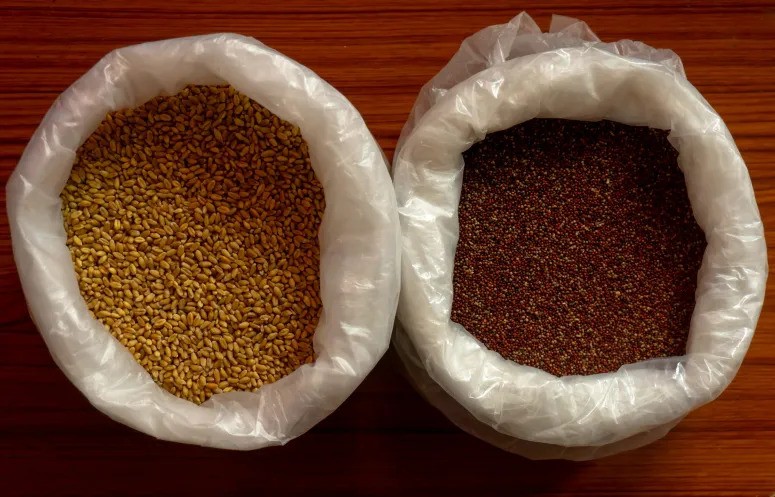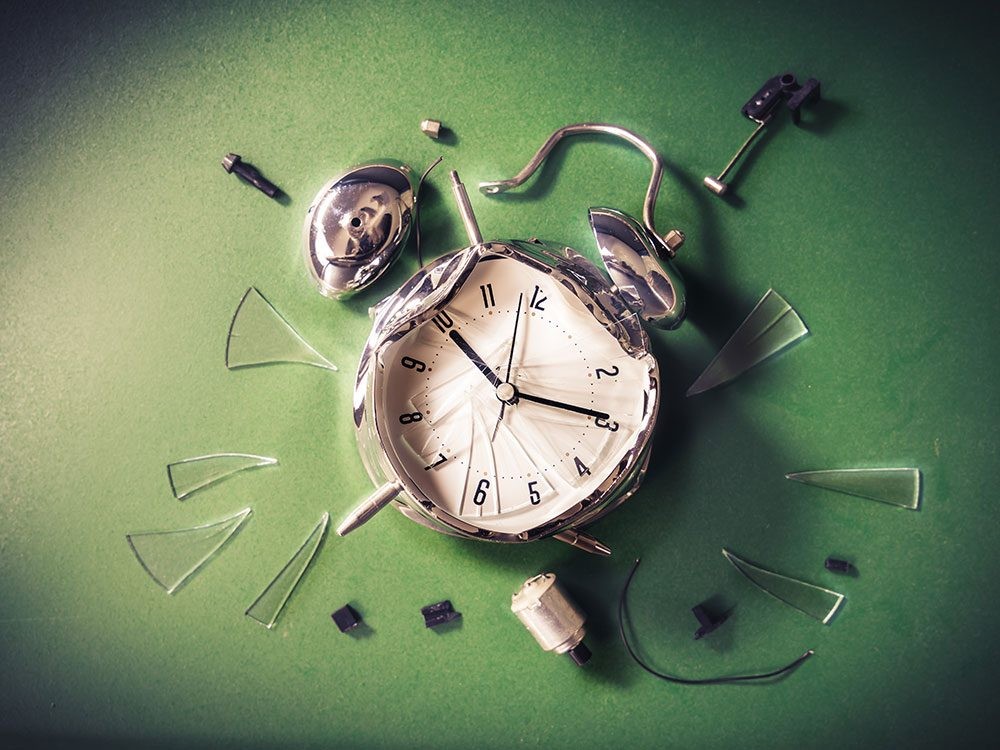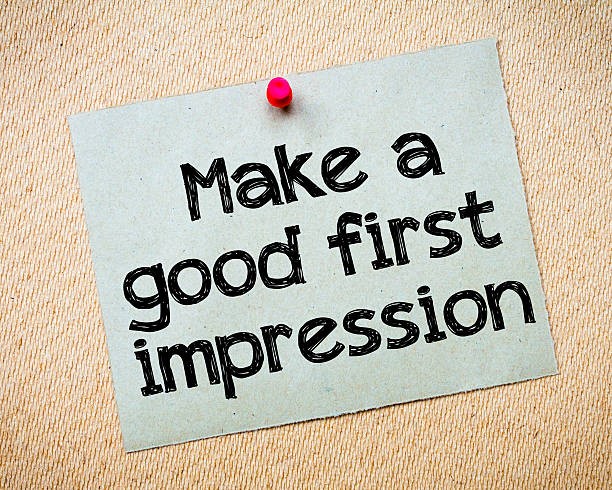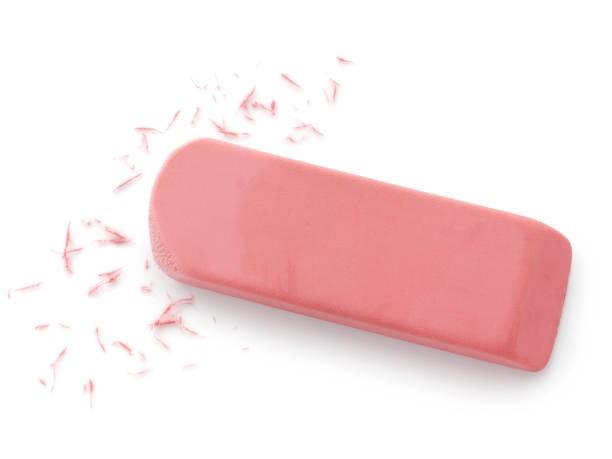How To Mix Your Music
May 4, 2022, 6:02:00 PM
Need a professional mix or mastering? BOOK US today!
Live musicians often do not care about sound mixing – either on stage, or while in studio recording a new EP, because they have a designated audio engineer that takes care of such things for them. On the other hand, a lot of solo musicians and bedroom music producers rely only on themselves, going from writing, sound design, sound mix, mastering to marketing. It's quite exhausting and overwhelming, so in this article, we'd like to help you to set some ground rules for you to follow for at the least one of the whole music making process in modern era if you decide to do the whole thing your self and not outsource it to someone else. Let's take a look at a few key steps, in getting your mindset right.
You may have heard a lot of musicians and engineers saying, that you shouldn't mix and master the music you create your self, because with it, you carry the burden of emotional connection to your piece, that makes it really hard to hear it objectively. All of the ideas below should help you out in case you decide to take the mixing process upon your self. You may not always have the resources to hire a mixing or mastering engineer, so we hope this guide will help you out.
Separate

The most common mistake producers and music makers do is that they get caught up in a state, where they try to do everything all together at once. Our heads and minds are very powerful, but still susceptible to being overwhelmed if we put everything on them too fast at once.
Best practice to learn at any given time is to separate each process and focus on one thing only at a given time. Your head is going to be more efficient at the given task and things will be moving forward. Sounds easy right? Well in essence, it is, but you'll soon realize, that our heads have a tendency to drift, especially if they're not trained to not do so. It's OK for that to happen, but it's also important to stop your self if you tend to do it too much, because you'll be losing valuable focus.
All of this basically means, that you shouldn't mix creative process, mixing process, mastering, marketing and other things involved together. If you do, you won't make any of them properly. Trying to take care of your mix while still in creative process is bad for your mix as you're trying to do two things at once and that's a quite common mistake a lot of producers do... so don't do that.
Take your time
When you're done creating your new piece of music, you should give your self some time off and let your brain rest and forget about it for a little bit, because it's still all fresh and exciting in your mind. Mixing your own music objectively is almost not possible at all, so you need all the advantage you can get.
Save the project, shut down the DAW, forget about it, let it rest for at least a week and resist the urge to listen to it not even once...

Make the first impression count

So you come back to your track after some time – you open the project and want to play it.
Great, but wait!
Make sure you have some kind of notebook with you. Listen critically, and write down everything that's bothering you and doesn't sound right. Everything that comes to your mind that you think that needs fixing – write it down! It doesn't matter how significant the error you hear might be, just write it down. You will analyze your notes later.
Why is this so important? Hopefully, you haven't heard the track for a long time, and you lost at least a bit of emotional connection to it, which allows you to hear it for what it is. It's important not to let this opportunity go to waste, because no matter what, the second hearing is never going to be the same as the first one. Make it count!
Delete it
Now you're ready for the most important part of making sure you mix your music right – you cannot afford to be afraid to change, turn down or straight up delete certain parts or whole instruments. A lot of times can happen, that you just sit in the chair, over analyze the track playing, incapable of pinpointing out the problem, that would be clearly obvious to someone else listening to the track.
The bass upper spectrum collides with the arp melody playing above it. EQing doesn't fix it, neither does super separator trick, and lowering the volume of the arp or the bass makes them too quiet in the overall mix. The real solution is obvious, but sometimes, instead of simply deleting and reworking one of the several problems, we still believe we can salvage it somehow even though the simplest solution is so obvious.

Now, we're not saying it's not worth trying to fix problems first – of course it is! But do not overthink issues that would get you stuck for hours or days. That's not productive and hurts you in the long run.
One step at a time

This one correlates with the "Separate" part in essence, but is more focused. Even if you manage to absolutely concentrate on the job ahead, you can still fall a victim of distracting your self from working efficiently by doing too much at one time. For example, you have a problem where your lead guitar collides with a synth melody next to it, so you start working on it. You loop the region where they play both and start tweaking the EQ in areas you think they collide. But at the same time, you notice, that the bass collides with the kick in the sub bass spectrum, so you start working on that too, even though you haven't fully figured out the first issue.
This is a double-edged sword. If you stick around one problem for too long, you can get stuck. If you do too much at one time, you can get stuck... You have to have a balance in this workflow. Work fast, trust your instincts, get the problem sorted the easiest and simplest way you can think of and then move on.
Summary
The task of mixing the music you create your self have never been an easy one and never will be unless you can 100% separate your emotions from the piece you have created – which is in our opinion almost impossible. Above ground rules and suggestions come from more than 16 years of experience working on our own music when we were starting out. We sincerely hope these will help you out!
Do you have any of your own practices, that help you to get your mind focused on your own music mixing? CONTACT US
